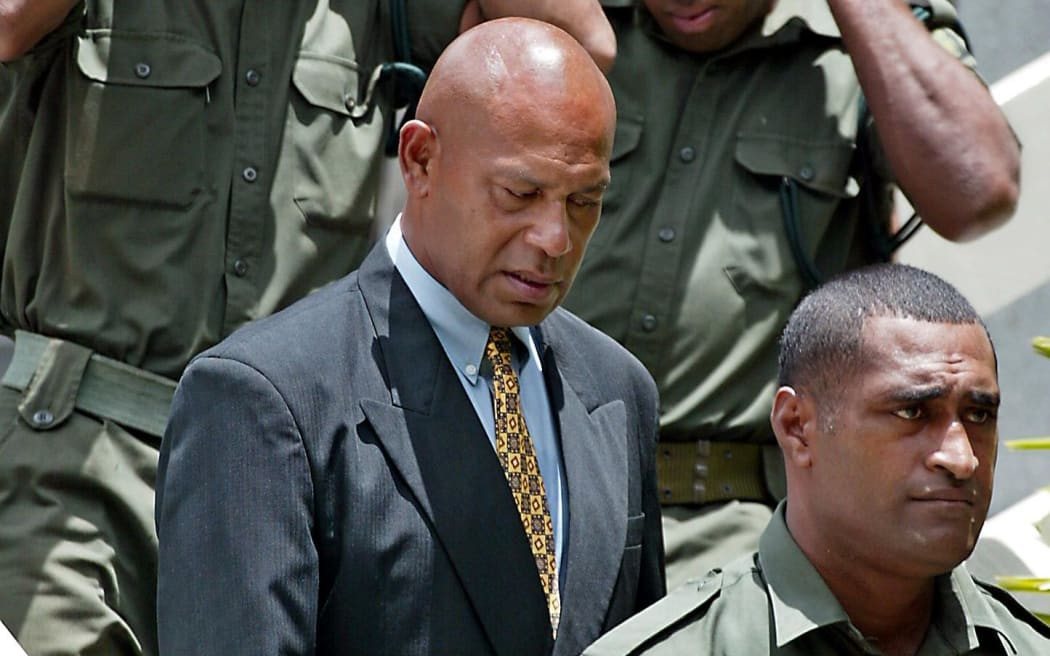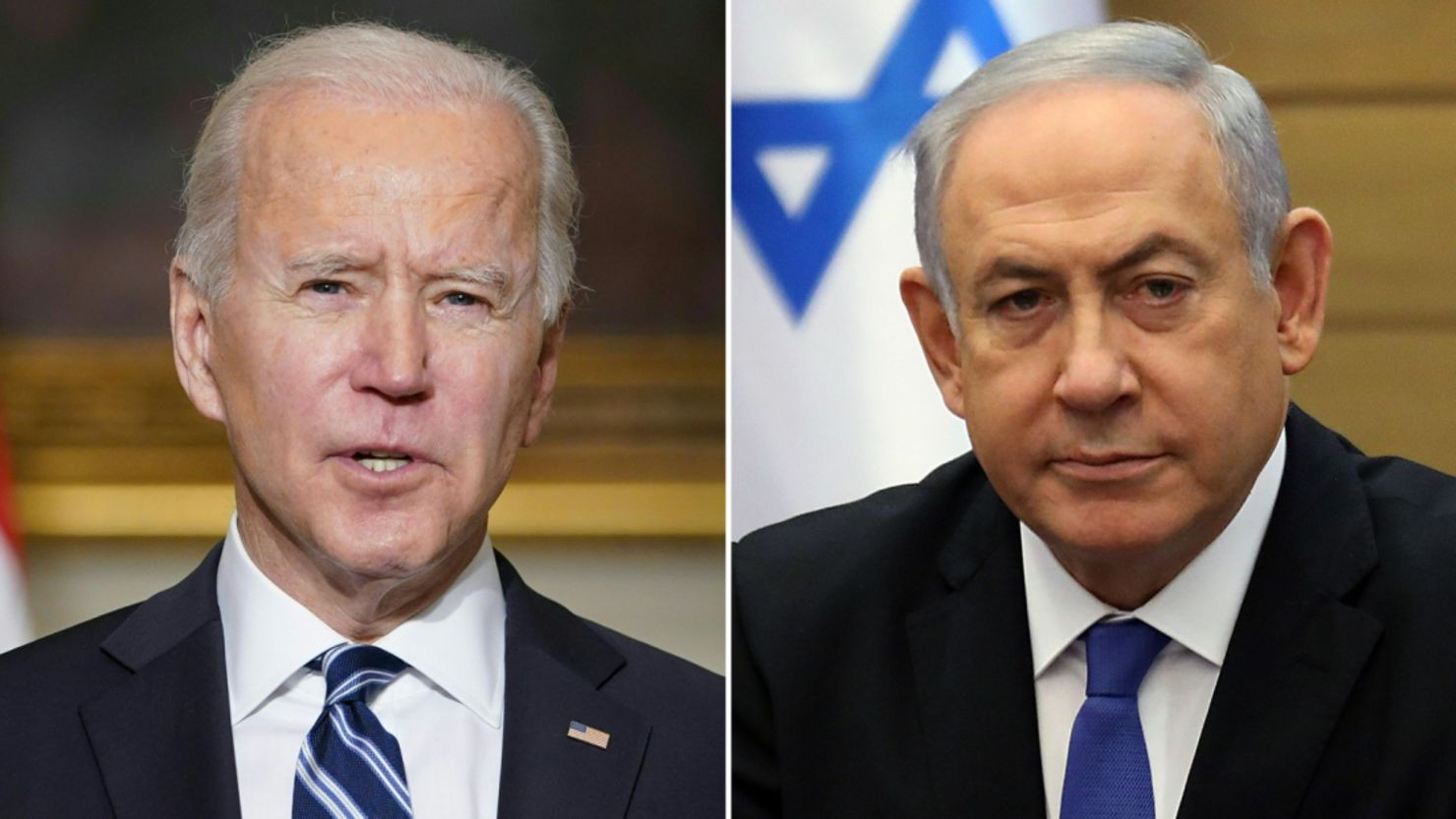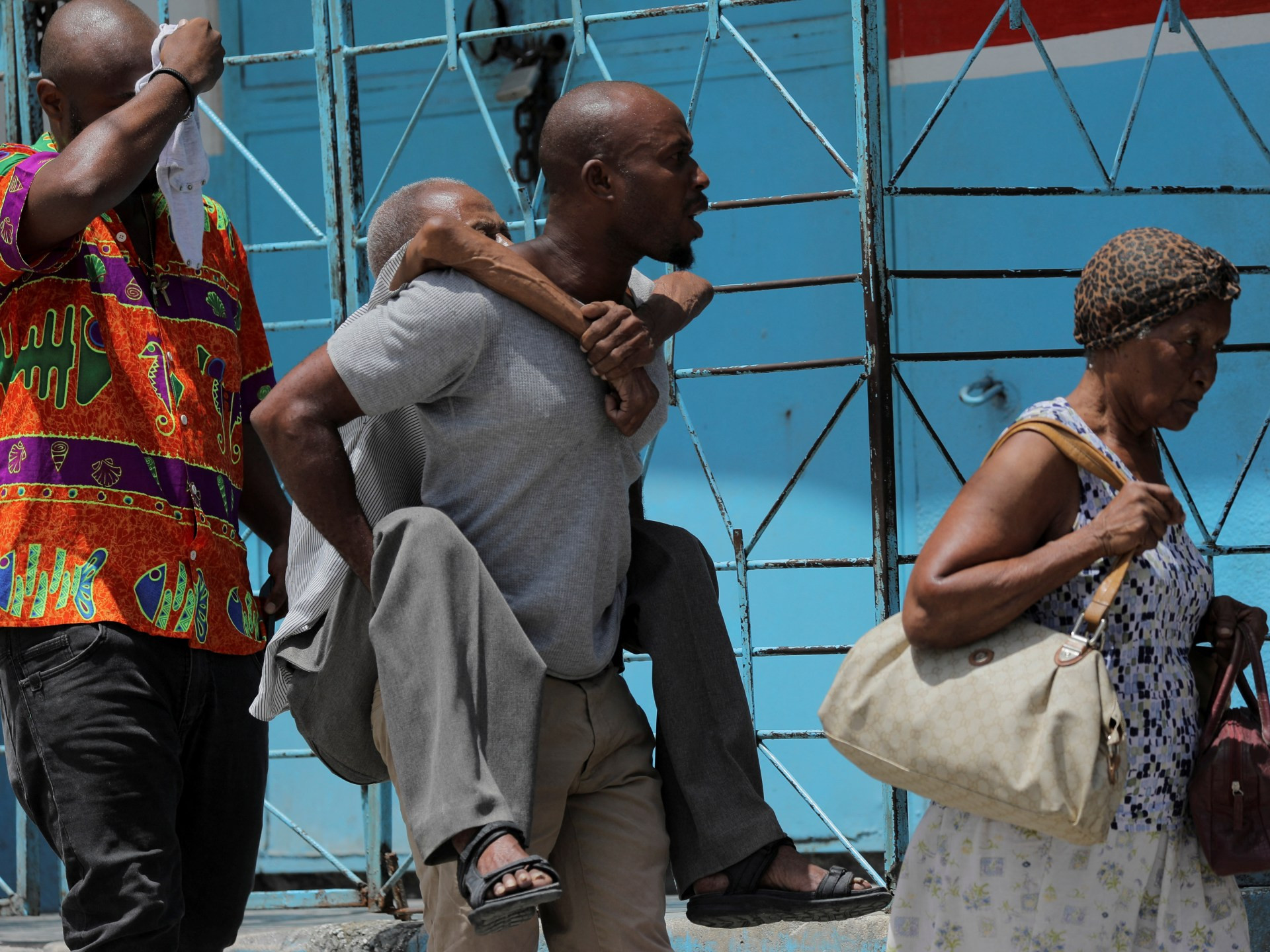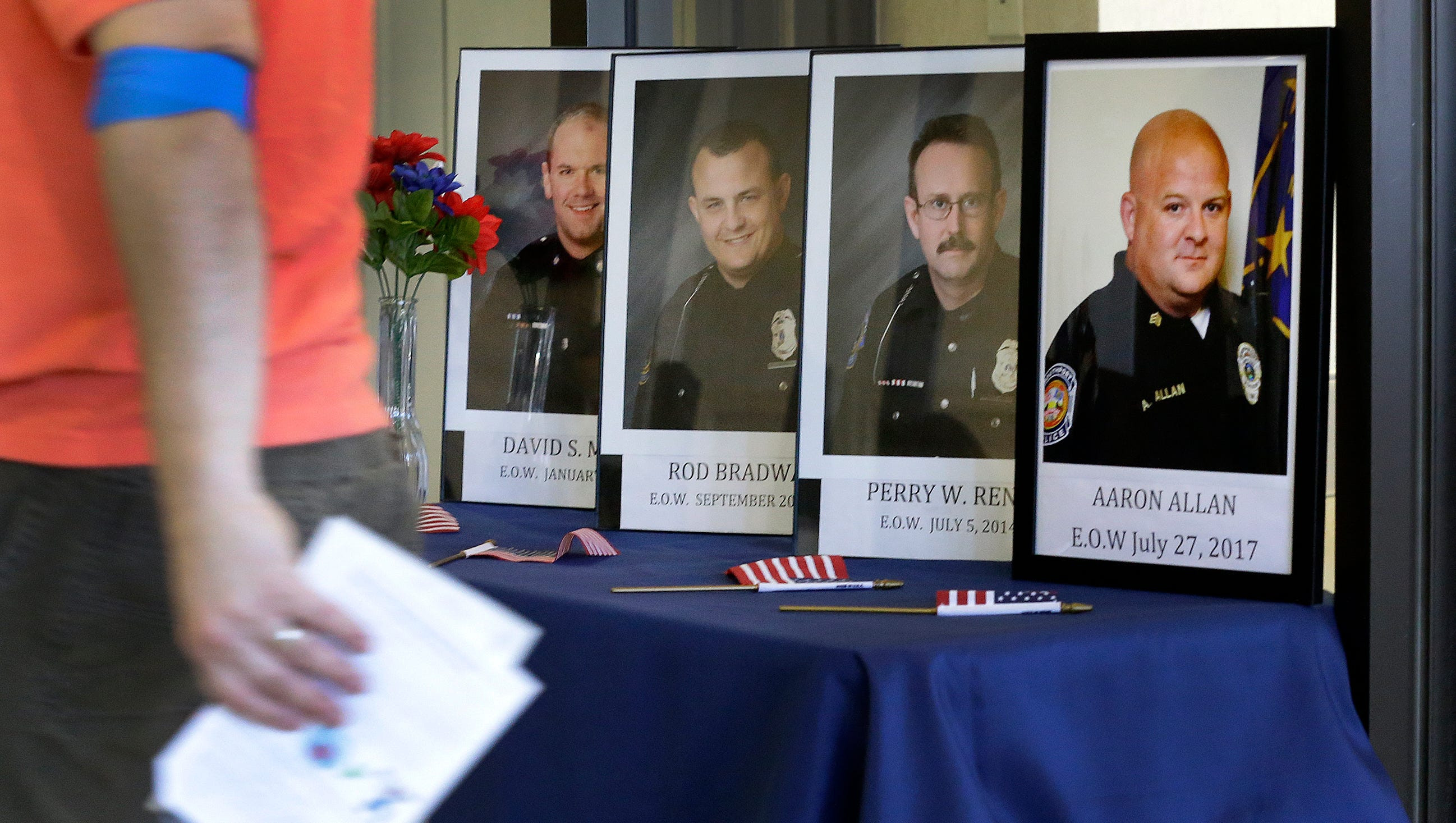A failed coup leader originally sentenced to death for treason has been released from a Fijian jail after receiving a presidential pardon.
George Speight, a well-known former Fijian businessman, led an armed takeover of Fiji's government in May 2000, holding the country's then-prime minister Mahendra Chaudhry and his government hostage for 56 days.
Speight was found guilty of treason and sentenced to death in 2002, but the sentence was downgraded to life in prison.
He and the leader of a military mutiny, Shane Stevens, were among seven individuals to receive pardons by President Ratu Wiliame Katonivere following a recommendation from Fiji's Mercy Commission.
A statement from the Fiji Corrections Service (FCS) said the pardons were formally granted on Wednesday with the prisoners released on Thursday.
One of those to receive a pardon died earlier this month.
"The Fiji Correction Service and the government remain committed to the principles of justice, rehabilitation, and the rule of law, and the Mercy Commission plays a vital role in ensuring that petitions for clemency are considered carefully, with due regard to the circumstances of each case," the statement said.
The Mercy Commission in a statement said the FCS had provided positive reports on Mr Speight's behaviour and recommended a pardon.
"Psychological and judicial assessments were also reviewed, with the FCS supporting his reintegration into society," it said.
"The commission has recommended that His Excellency the President grant mercy to Mr Speight, postponing the carrying out of his punishment for an indeterminate period, in recognition of his rehabilitation and the length of time he has served in prison."
Speight and a group of Indigenous nationalists that included special forces soldiers sought to return political power to Indigenous Fijians.
The coup led to a further 21 months of political chaos and sporadic violence driven by ethnic tension between Indigenous iTaukei Fijians and Indo-Fijians.
Speight was arrested at a military checkpoint in July 2000.
He was elected to parliament while waiting for his treason trial, but was removed as he could not attend due to being in custody.
Stevens led a violent attempted takeover of the Queen Elizabeth military barracks in Suva in November 2000, several months after the end of the coup.
It left three soldiers and four mutineers dead.
Speight applied for a presidential pardon in May last year after serving 20 years of his life sentence.
The Fiji Corrections Service had provided positive reports on George Speight’s behavior, recommending a pardon.
The Mercy Commission highlighted this in a press statement following the release of Speight and others today after the President acted on the recommendations of the Commission under Section 119(5) of the Constitution.
It says psychological and judicial assessments were also reviewed, with the FCS supporting Speight’s reintegration into society.
The 2000 coup leader was charged with treason and convicted on his own plea of guilty in 2001.
The Commission says he had his death sentence commuted to life imprisonment in 2002 and has been imprisoned for 24 years, one months and 23 days, which is 8,820 days, both on Nukulau Island and at the Naboro Correction Facility.
It further says that Speight had no previous convictions.
The Commission has recommended that the President grant mercy to Speight, postponing the carrying out of his punishment for an indeterminate period, in recognition of his rehabilitation and the length of time he has served in prison.
Meanwhile, reports and evaluations from FCS also recommended Shane Stevens for a pardon, citing his positive progress during imprisonment.
Stevens was convicted of Incitement to Mutiny in 2002.
He has been incarcerated in jail for a total of 21 years, eight months and 20 days, which is 7,934 days at Naboro Prison and he had no previous convictions.
After careful consideration, the Commission has recommended that Stevens be granted mercy by postponing the carrying out of his punishment for an indeterminate period.
As for Mahendra Motibhai Patel, the Commission says an earlier petition to the Mercy Commission was submitted by him on April 4th, last year and was dismissed.
It says on June this year, the Commission received a letter for reconsideration of Patel’s petition from his lawyers. The Commission deliberated on his petition and took into account his age, the length of time he was away from Fiji and his substantial contribution to Fiji, as extenuating circumstances.
As a result, the Commission recommended a conditional pardon for Patel, contingent on his not reoffending.
Patel, was charged with Abuse of Office in 2006, and convicted in absentia on 20 November 2014. He was sentenced to 12 months’ imprisonment.
The Mercy Commission, reviewed a total of 10 Mercy petitions and after careful deliberation, the Commission made recommendations regarding the petitions of Mahendralal Patel, Speight, and Stevens, along with seven others.
The Commission says that its decisions to pardon the petitioners have been made in accordance with the Constitution.
In a statement on Thursday, the Fiji Correction Service said the pair were among seven prisoners who were granted pardons by the President Ratu Wiliame Katonivere after recommendations by the Mercy Commission.
"These pardons were formally granted on 18 September 2024. As a result, the named individuals have been officially discharged from custody today, Thursday, 19 September 2024," the statement said.
"The Fiji Correction Service and the government remain committed to the principles of justice, rehabilitation, and the rule of law, and the Mercy Commission plays a vital role in ensuring that petitions for clemency are considered carefully, with due regard to the circumstances of each case."
Also released are Sekina Vosavakatini, Nioni Tagici, James Sanjesh Goundar, Adi Livini Radininausori and John Miller.
In June 2023, Speight had applied for a presidential pardon under a mercy clause, raising the possibility of his release from prison after serving over 20 years of a lifetime sentence.
Speight's 2000 coup was the only civilian to raise an armed group to overthrow the government.
In 2002, Prime Minister Sitiveni Rabuka - who started the coup culture in Fiji - had stated a pardon for Speight would be a catastrophe and could pave the way for more coups.
The presidential pardoning of three high profile prisoners convicted for their part in the 2000 coup and mutiny does not "pose any threat" to the country, an expert in Melanesian politics says.
Leader of Fiji's 2000 coup has applied for a presidential pardon under a mercy clause, raising the possibility of his release from prison after serving over 20 years of a lifetime sentence.

















